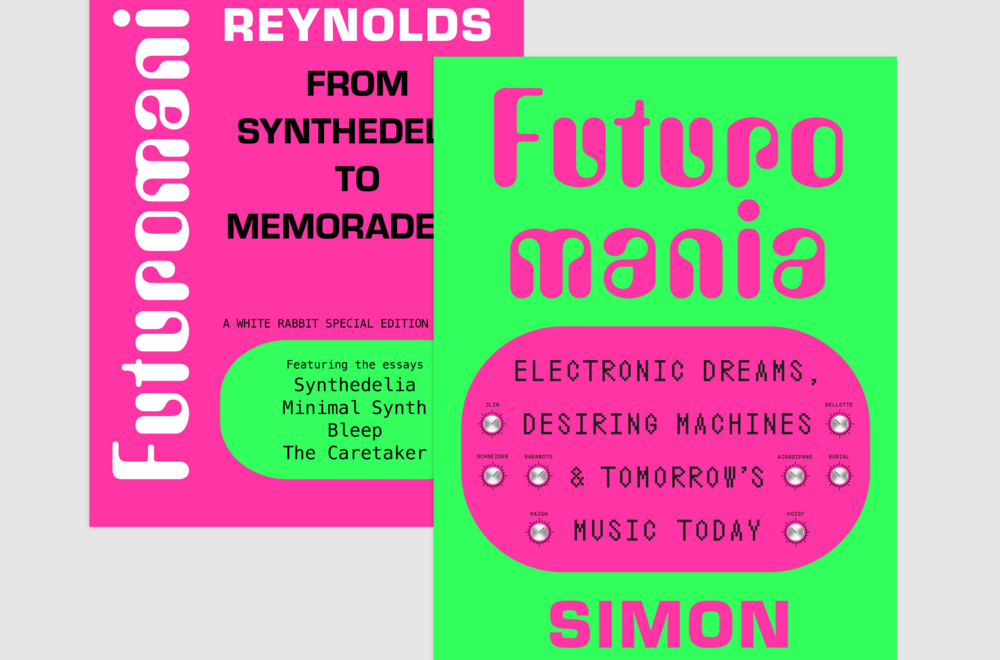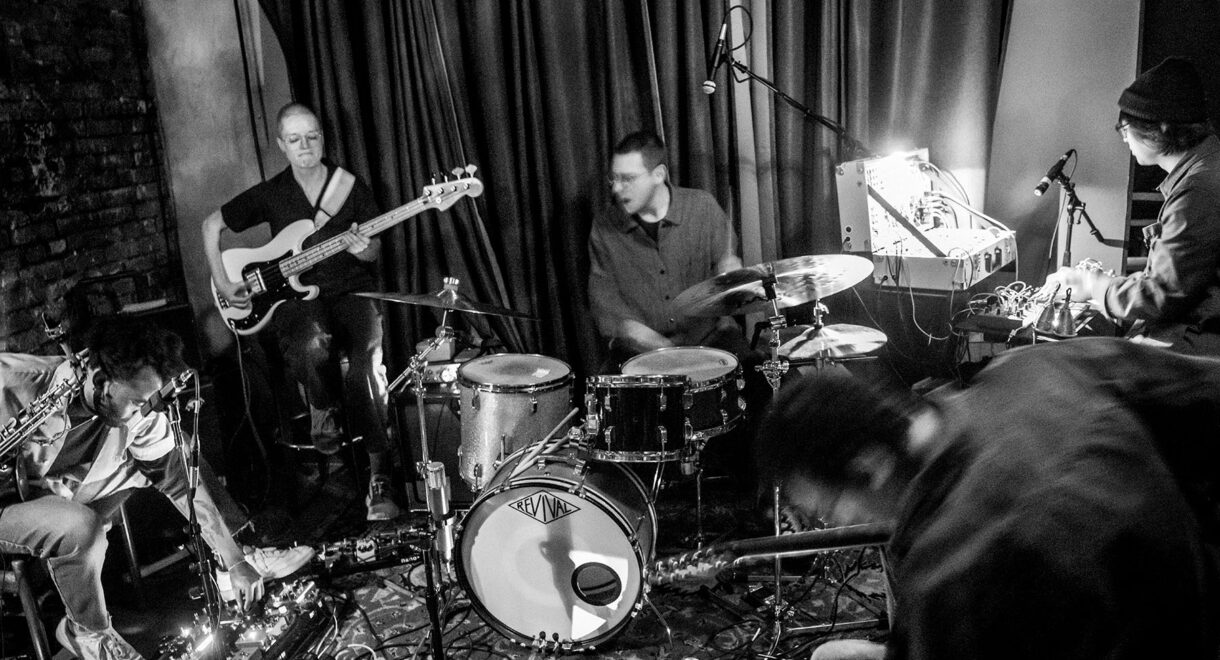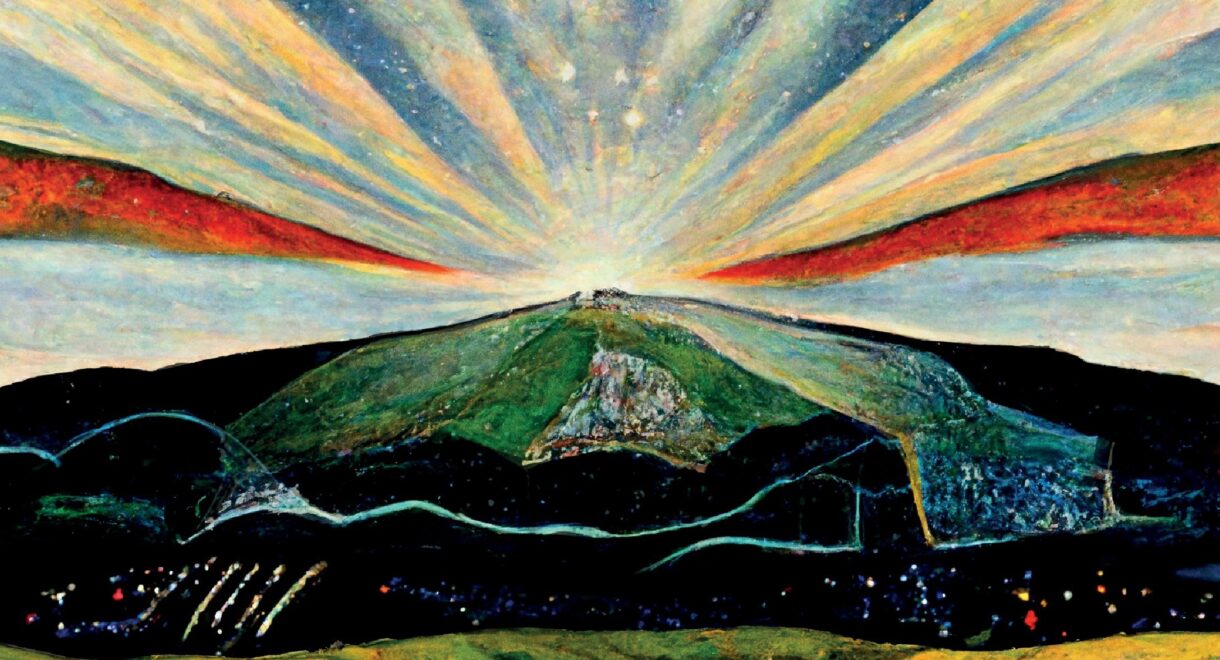The summer is halfway over and you’ve been scrolling for like, what, six weeks straight now? Step away from your phone (after reading this, of course). An analog […]
Heroes Series #5: Option Paralysis with Fennesz

Folklorist Derek Piotr speaks with Austrian experimental electronic producer and guitarist Christian Fennesz.
I am pleased to tidy up my “Heroes Series” with a fifth and final entry from a man who needs no introduction: Fennesz. I’ve known Christian for about 10 years and couldn’t think of anyone better to tie a bow on this string of gorgeous conversations.
We have both talked a lot about our feelings towards 'beauty', as intangible and non-pin-point-able as that may be, I definitely feel we both have a similar radar when it comes to beautiful sonic situations or, at the very least, potent ones. I remember explaining to you that your life sets feel like a close-up video of the surface of the sun, and you agreed...can you talk a little bit about the clumsy, imagist ingredients that come to your mind when you feel you've made a piece that feels beautiful (or successful, or potent)?
When a track is finished and sounds beautiful to me: a track is never finished, but there is a point when you have to stop. I guess it’s all about the right spirit, the right balance between melancholy, experimentation, pop song memory, drone, a soundtrack of your life – a difficult life. Something like that… A good track has to make me dream. I want to give this to others too.
I wanted to talk about “glitch” here also, I think in this web3 (or web5, or web1000000) environment we're all experiencing, a lot of the breaks or glitches either become withheld, predetermined, surveilled, or in the case of AI, warped into a million tiny points of breakage thereby smoothing them to almost imperceptible, or some kind of monstrous cyborg-jute-basket. I am thinking of all of this in contrast to how it was with the earliest Max/MSP devices, small RAM, things breaking, and the "origins" of glitch as an aesthetic in music.
“Glitch” – another dumb word. A result of the categorising madness of our times. What exactly does it mean? For me, it’s just music. Experimental music? Maybe. But still music. When we started with Mego back in the day we were somehow like electro punks. Everything sounded too clean and metric back then, even hardcore techno did. We wanted to find something new.
In my case, it was my beloved Ensoniq ASR10 sampler. First I had 4MB, then I upgraded to 16MB. I found out that when I put the loop end just a little bit over zero, the sampler would play all the sounds from his memory from the last days in a very weird way – distorted and in different speed. This was so bizarre and almost magical. It’s difficult to describe. I should send you a sample. I do believe in the ghost in the machine!
However, once i knew that, I kept on corrupting this machine. If I had an AI system I would try to manipulate it… I am a natural born anarchist. The “glitch” aesthetic has stayed with me somehow, but today a profound composition is more important to me.
In many ways you make very similar music to what your genesis was, but in many ways the landscape in which you work is so different. Can you talk about your feelings on this? Do you yearn for the "early days", or are you satisfied finding new solutions with (or to) modern problems?
I am not yearning for the old days. I am always ready to move on. There are a few things that I am missing though. Everything was so much more adventurous… The main problem we have now is something that I call “option paralysis.”
I am quite sure that I can’t get out of this conversation and just look the other way with regards to Ryuichi Sakamoto’s recent and tragic passing… You two had such a special relationship, so I want to very gently ask your feelings on this now.
I am… finally inspired again and working on new tracks. They sound deeply melancholic but I can´’t help it. Ryuichi´’s passing was hitting me hard. His wife Norika told me the news just before I had to go on stage in Malmö. This was really hard. I was trying to hide the tears. He was the greatest for me.
Austrian guitarist, composer, and electronic musician Christian Fennesz is recognized as a key figure and one of the most distinctive voices of electronic music today. His wide international reputation has been consolidated through his substantial overall contribution to new musical expression. His milestone third album Endless Summer (2001, Editions Mego) was acknowledged as one of the most important releases of the decade, helping to change the perception of electronic music today. On it, he gave significant importance to melody, appearing delicately beneath (or on the top) of his shimmering electronic soundscape-often described as “symphonic” for its enormous range and complex musicality.
Derek Piotr is a folklorist, researcher and performer whose work focuses primarily on the human voice. His work covers practices including fieldwork, vocal performance, preservation and autoethnography; and is primarily concerned with tenderness, fragility, beauty and brutality. He has collaborated with artists including Scott Solter, Nathan Salsburg and Thomas Brinkmann across various disciplines. His work has been supported by The Traditional Song Forum and The Danbury Cultural Commission, and has featured on Death is Not the End and BBC. He recently launched the Fieldwork Archive.










